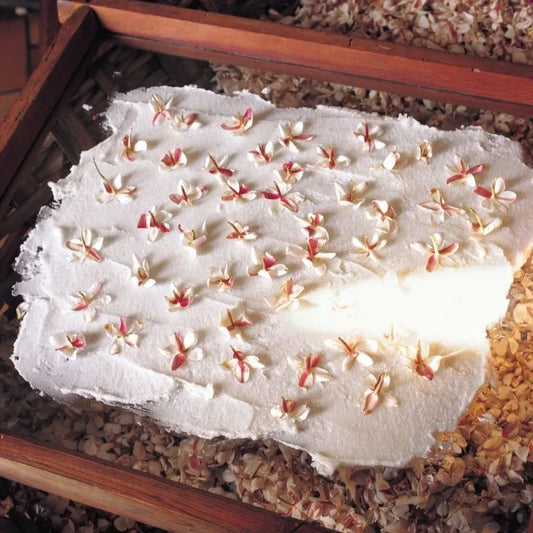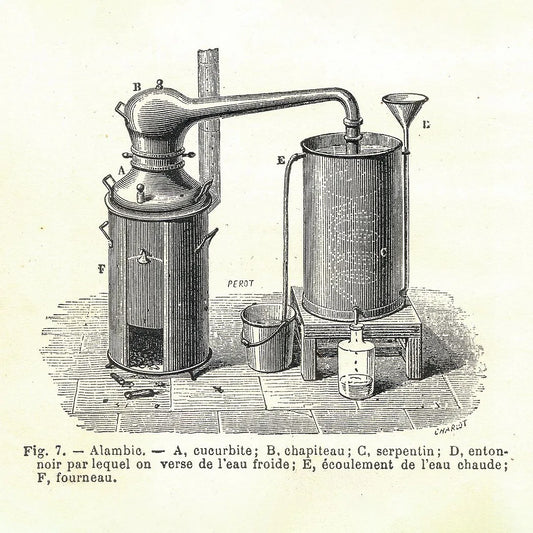The answer to this question depends on the child, the child’s health, and the medications the child might be taking for specific health conditions.
Some parents swear by essential oils and their ability to help a child sleep, reduce a child’s anxiety or pain, ease a sour stomach, or open clogged sinuses for a child who suffers from allergies or frequent colds. The idea of using a natural substance rather than a manufactured one can seem very attractive to a parent, especially one who emphasizes organic foods, natural fibers, and other healthful alternatives.
Not every child tolerates the use of these oils in the same way, however, and some find them more irritating than beneficial. If this is the case with your child, discontinue use of the essential oil immediately.
With some precautions, some essential oils may be used safely with children:
- Always dilute the oils. Oils should never be used directly out of the bottle on children’s skin, as they can injure the skin. Add a drop or two of the oil to a carrier oil or lotion before applying. Experts at Johns Hopkins Health System in Washington, DC, recommend a 0.5 to 2.5 percent dilution for any essential oil to be used on a child.
- Do not add essential oils to bath water. The oil will not dissolve into the water but will remain concentrated on the water’s surface. This can irritate a child’s skin.
- Children should not take any essential oil internally. Do not add the oil to a child’s food or beverage, or give the oil as a medicine. The oils are too concentrated for a child’s consumption.
- Avoid peppermint oil with children. Peppermint oil increases the risk of seizures in children under 30 months old.
- Use very sparingly. Children may be more sensitive to scented products than adults are, so these products can trigger breathing issues, rashes, and other allergy-like reactions. For example, using a scented lotion and then turning on a diffuser that contains essential oils can be harmful to a child.
- If your child will be in the sun, do not apply essential oils to the skin beforehand. Citrus oils and others are photosensitive and can cause the skin to burn if the child plays in direct sunlight.
- Don’t use any essential oil near the child’s eyes, nose, or ears. Some publications and websites suggest using essential oils as a remedy for a child’s ear infection or a cold, but applying an essential oil to a child’s mucous membranes can cause adverse reactions in some children.
- Choose your oils wisely. Buy oils from a reputable source rather than shopping for the cheapest or most easily accessible brand. Some products that call themselves essential oils actually contain adulterating chemicals, including alcohol (see How do I know if the essential oil I’m buying is 100 percent pure?).
- Talk to your pediatrician before using any essential oil on your child. Your doctor has seen the results of essential oils used with children, so they can advise you about what may be safe or unsafe for your child’s health.
If the child develops a rash, irritated skin, a headache, nausea, wheezing, or any other difficulty breathing, discontinue use of the essential oil and call a doctor.





